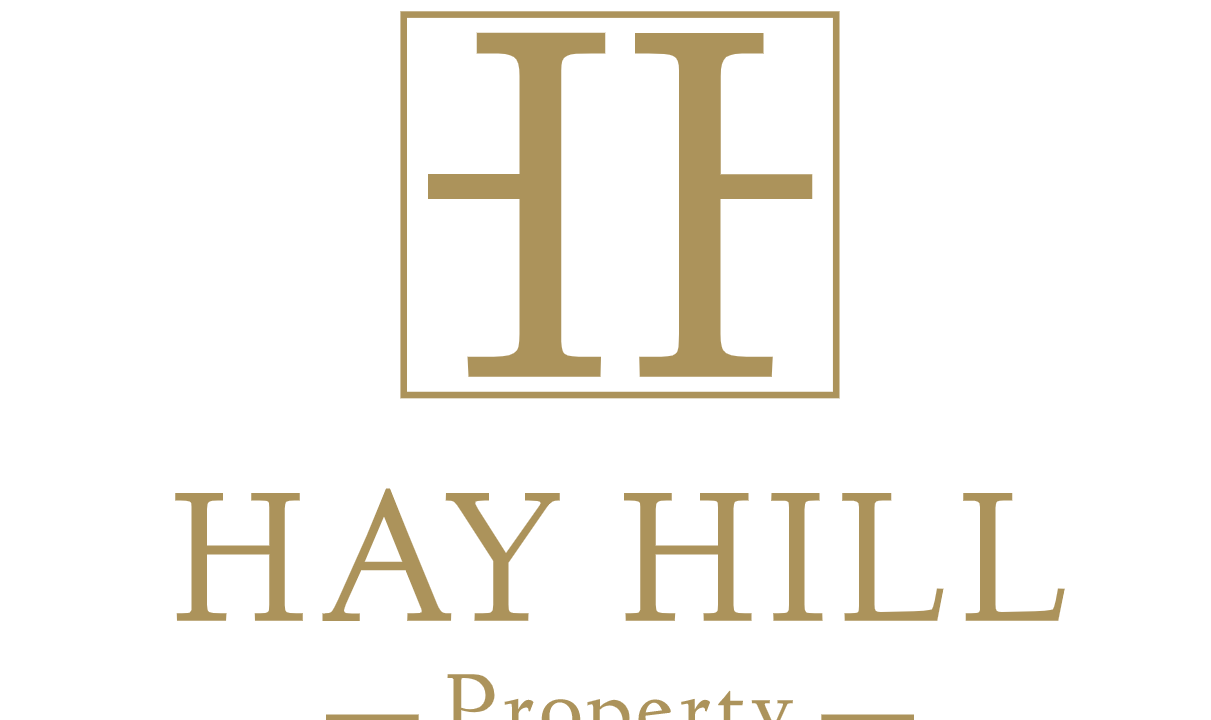
This guide will cover the costs needed to start a bar or restaurant in London. We’ll look at the expenses for finding a location, getting the right licenses, and setting up the space. We’ll also discuss the ongoing costs. This information helps future business owners make smart choices and prepare for their new venture.
Assessing the Capital Requirements
Starting a bar or restaurant in London needs a lot of money. The biggest cost is finding the right place to open. Rent varies a lot based on location, size, and condition. We need to look at the market, think about footfall and competition, and negotiate well to get a good lease.
We also have to think about the costs for licenses and permits in London. This includes liquor licenses, food hygiene certificates, and following health and safety rules. These costs can increase our initial money needed.
After getting the property, we need money for the fit-out and making the space ready. This means buying and putting in fixtures, furniture, kitchen gear, and doing any needed renovations. How big and complex the fit-out is will affect how much money we need.
Capital for Operations
Starting a bar or restaurant in London means more than just the initial costs. You also need to think about ongoing expenses like staff, stock, marketing, and utilities. It’s important to budget well to have enough money for these costs.
Staffing is a big part of the budget, needing skilled bartenders, wait staff, chefs, and more. Keeping enough stock of food, drinks, and supplies is key. Also, marketing is vital to draw in and keep customers coming back.
Utilities like electricity, gas, and water can quickly add up, especially in a busy city like London. Having a realistic budget for these is crucial for the business’s future. By planning and managing resources well, owners can keep their businesses running smoothly.
Securing Funding Sources
Starting a bar or restaurant in London requires getting the right funding. Entrepreneurs need to look at loans, investments, and grants. These options help turn culinary dreams into reality.
Loans from banks or alternative lenders offer a clear repayment plan. They let the business owner keep control. Investing with angel investors or venture capitalists brings money and industry knowledge.
Government grants and subsidies can also help. They support new businesses and offer extra capital. These can be a big help in starting a bar or restaurant.
Choosing the right funding depends on the business’s needs. Entrepreneurs should weigh the benefits and drawbacks of each option. This way, they can pick the best funding for their goals and increase their chances of success.
Estimating Your Capital Needs
As aspiring bar and restaurant owners in London, we know how vital it is to get our capital needs right. We must make a detailed budget, forecast our cash flow, and plan for unexpected costs. By looking at all costs and funding options, we can make a strong financial plan. This plan will help us get the capital we need and reach our business goals.
First, we need a thorough budget that covers start-up and ongoing costs. This includes the cost of a good location, equipment, and furniture, plus licenses and any needed changes to the space. We also need to think about staff wages, bills, stock, and marketing costs.
Next, forecasting our cash flow is key. It helps us see our income and spending clearly. This way, we can spot any funding gaps early and plan for them. Keeping an eye on our cash flow lets us make smart choices about our capital needs and adjust our budget if needed.
Lastly, planning for unexpected costs is a must. We should set aside some capital for surprises like broken equipment, supply issues, or economic changes. This keeps our finances stable and ensures our bar or restaurant can keep going in the long run.
